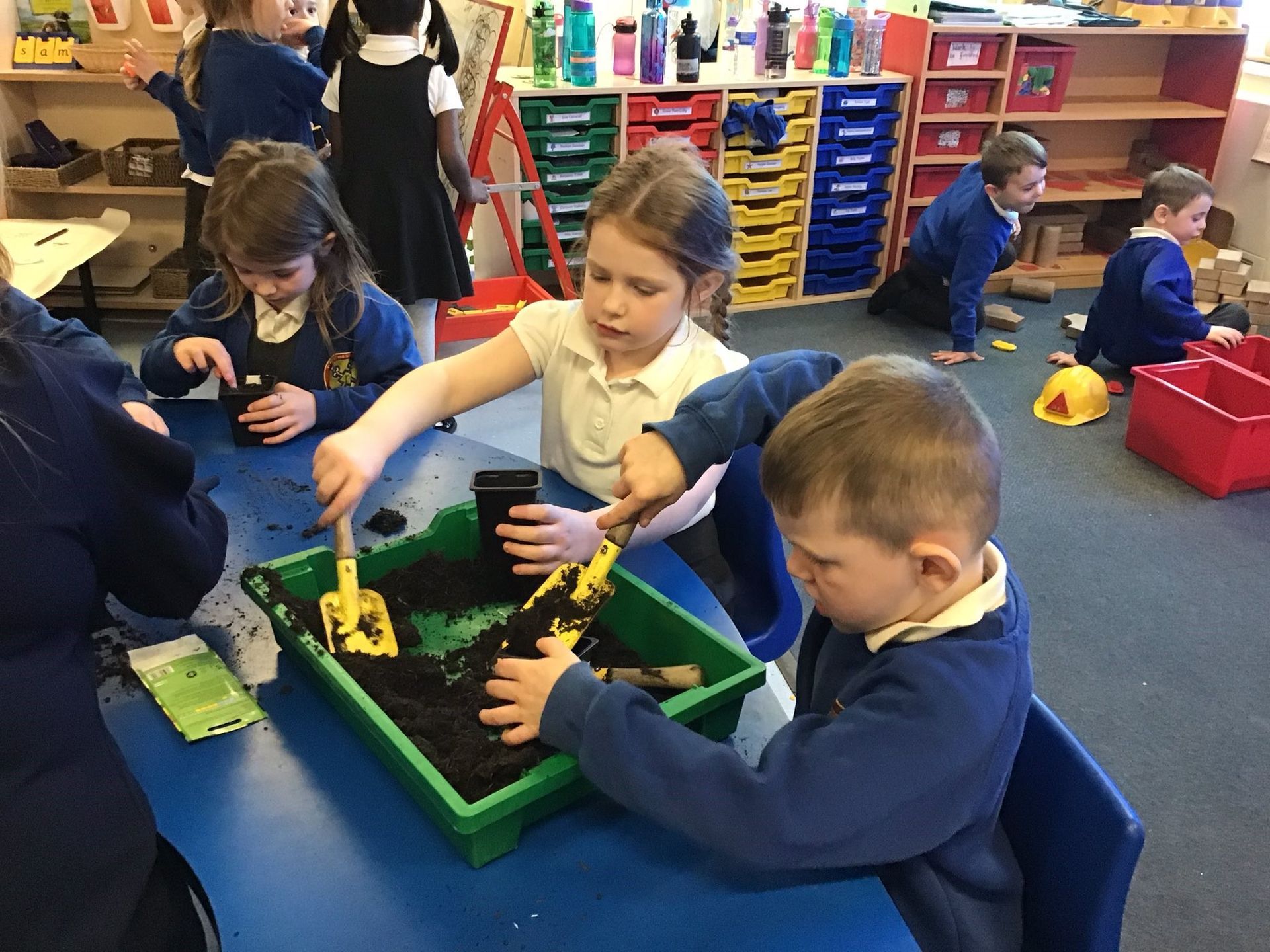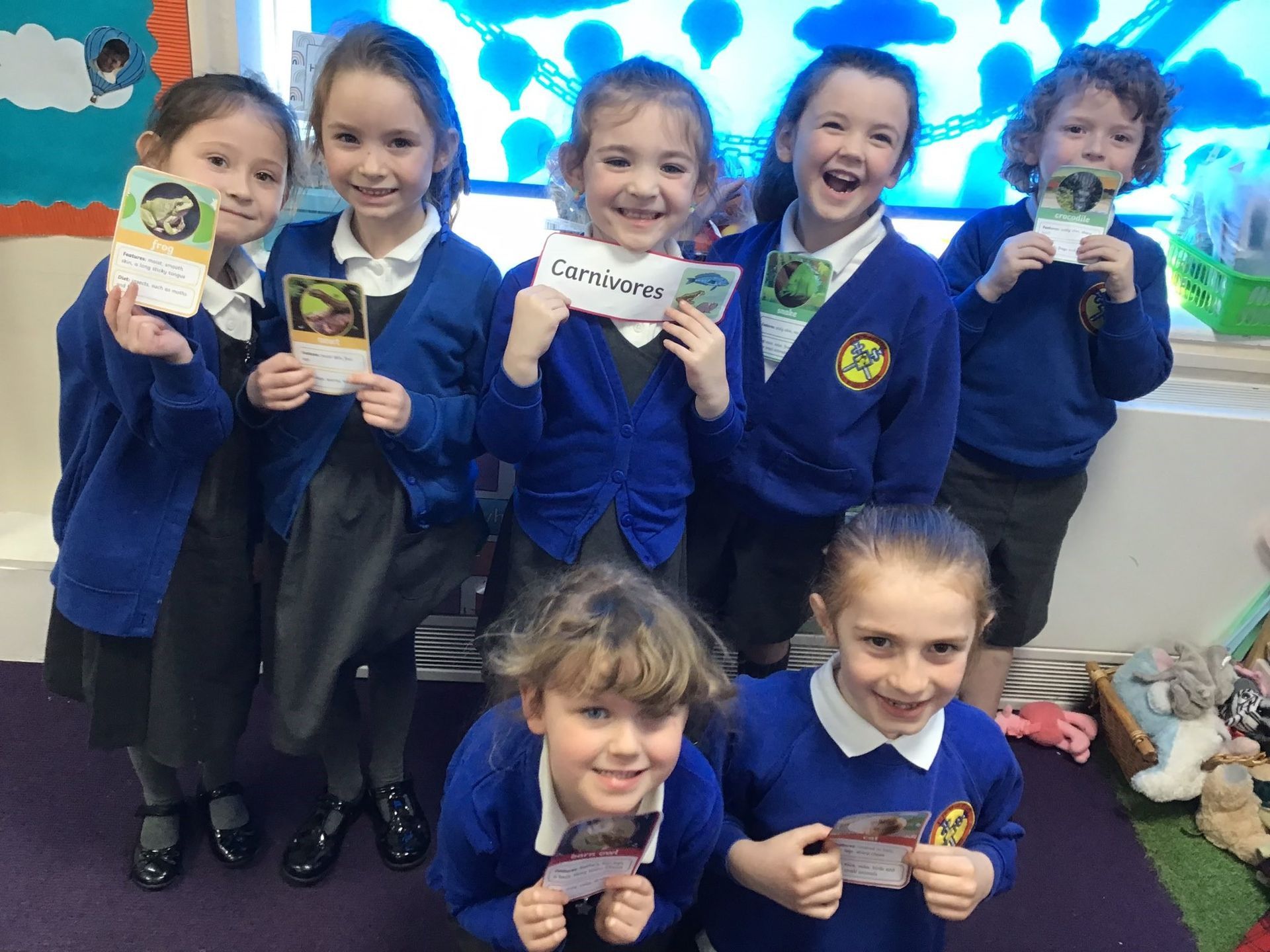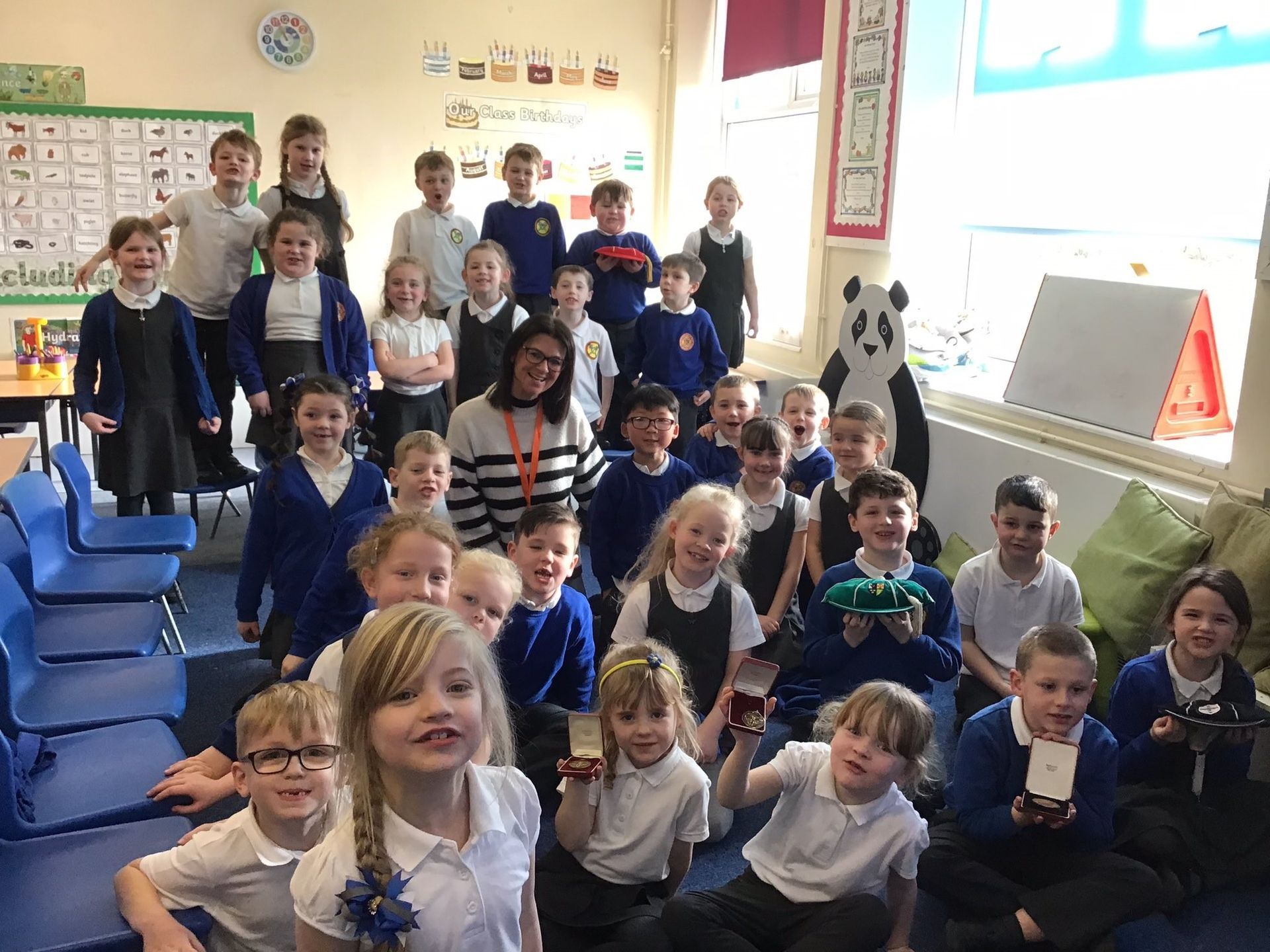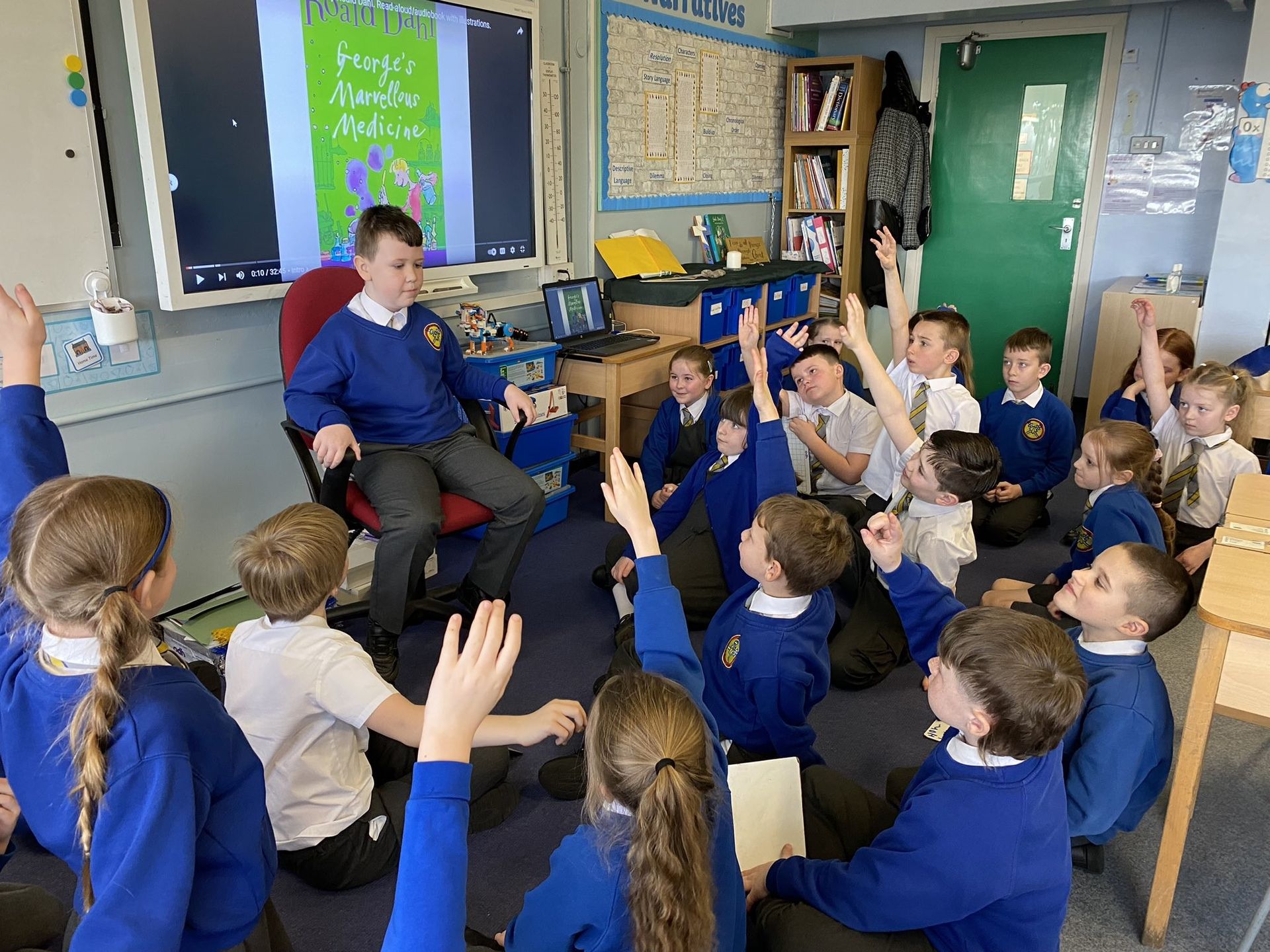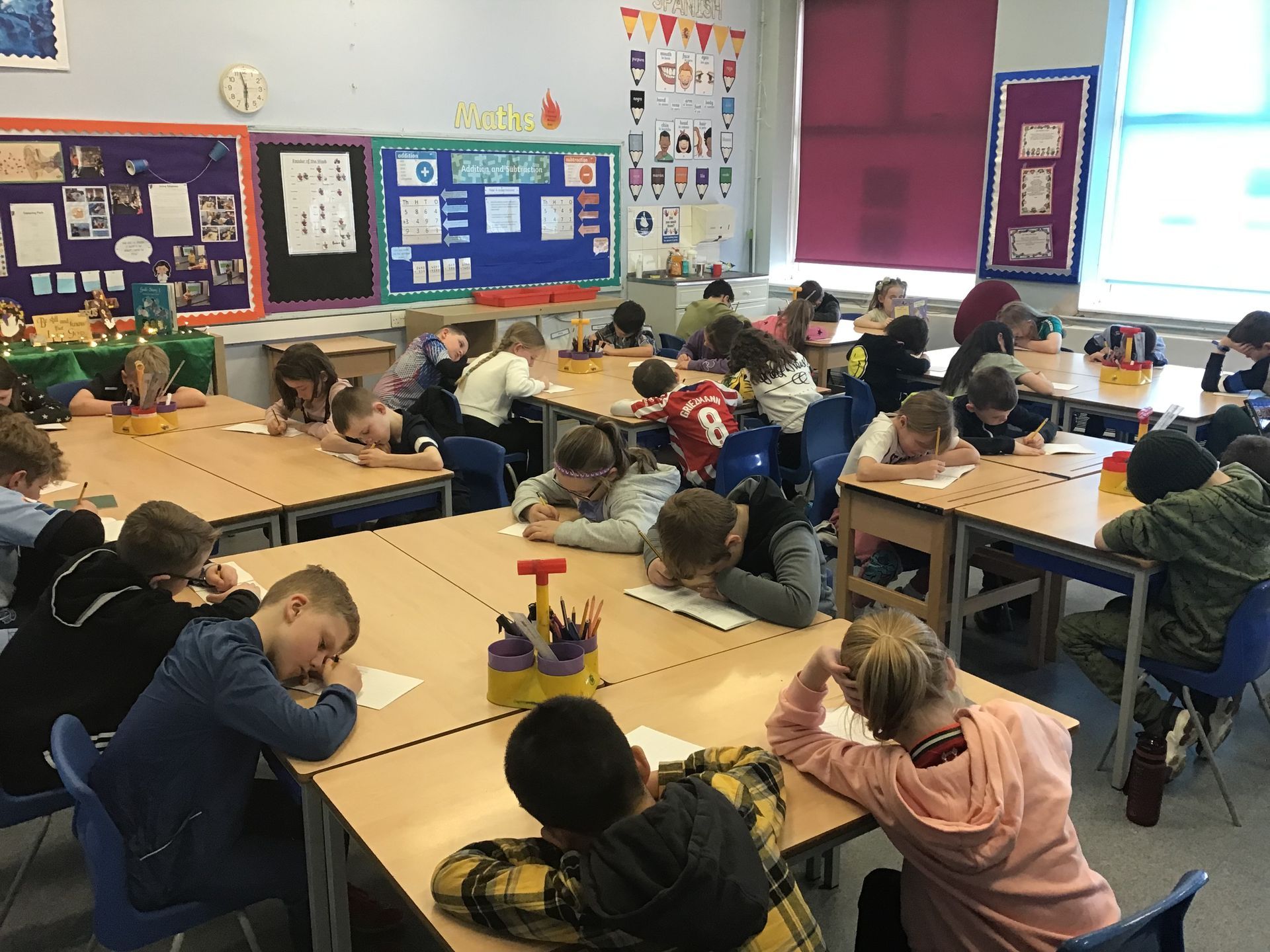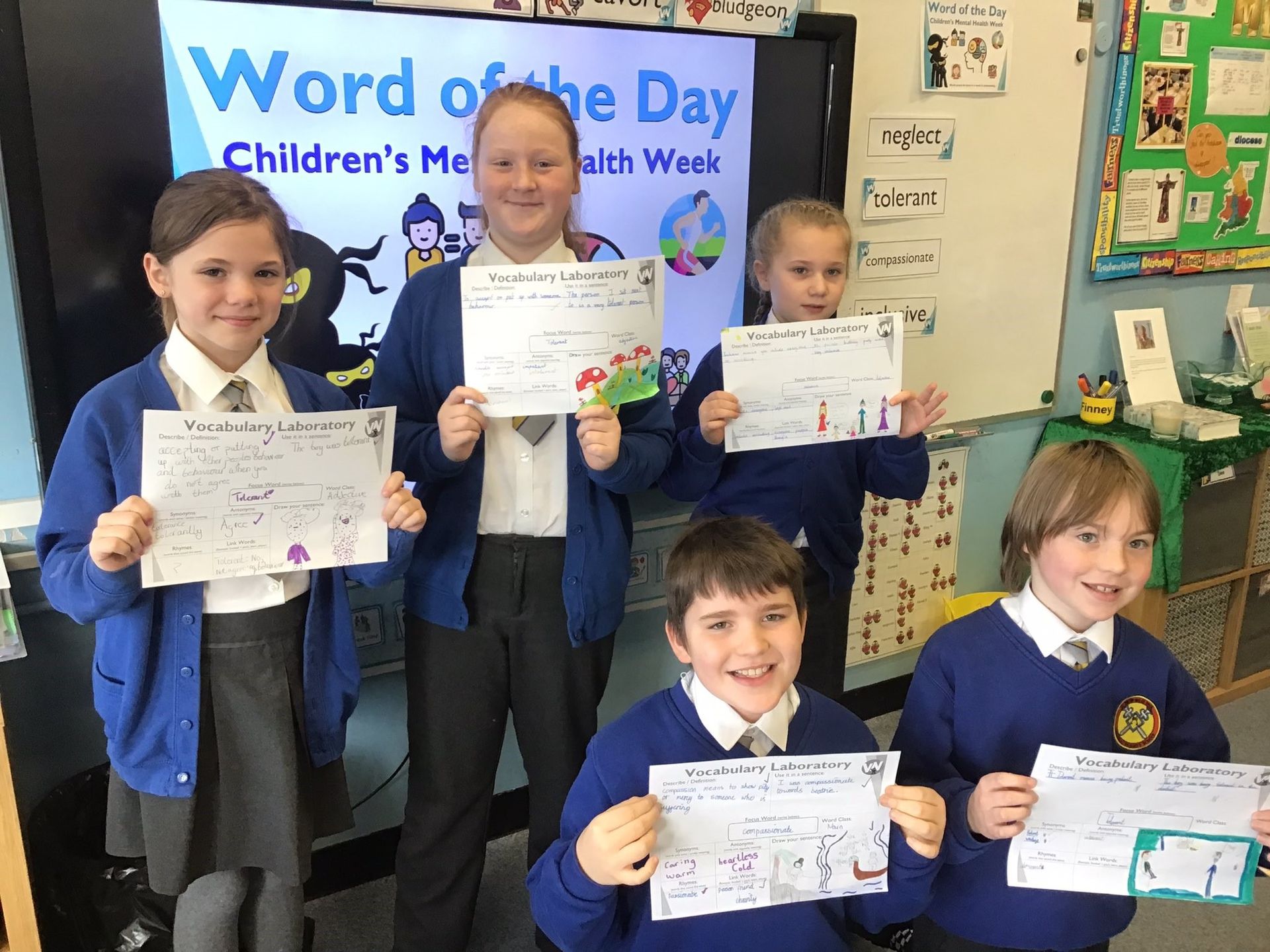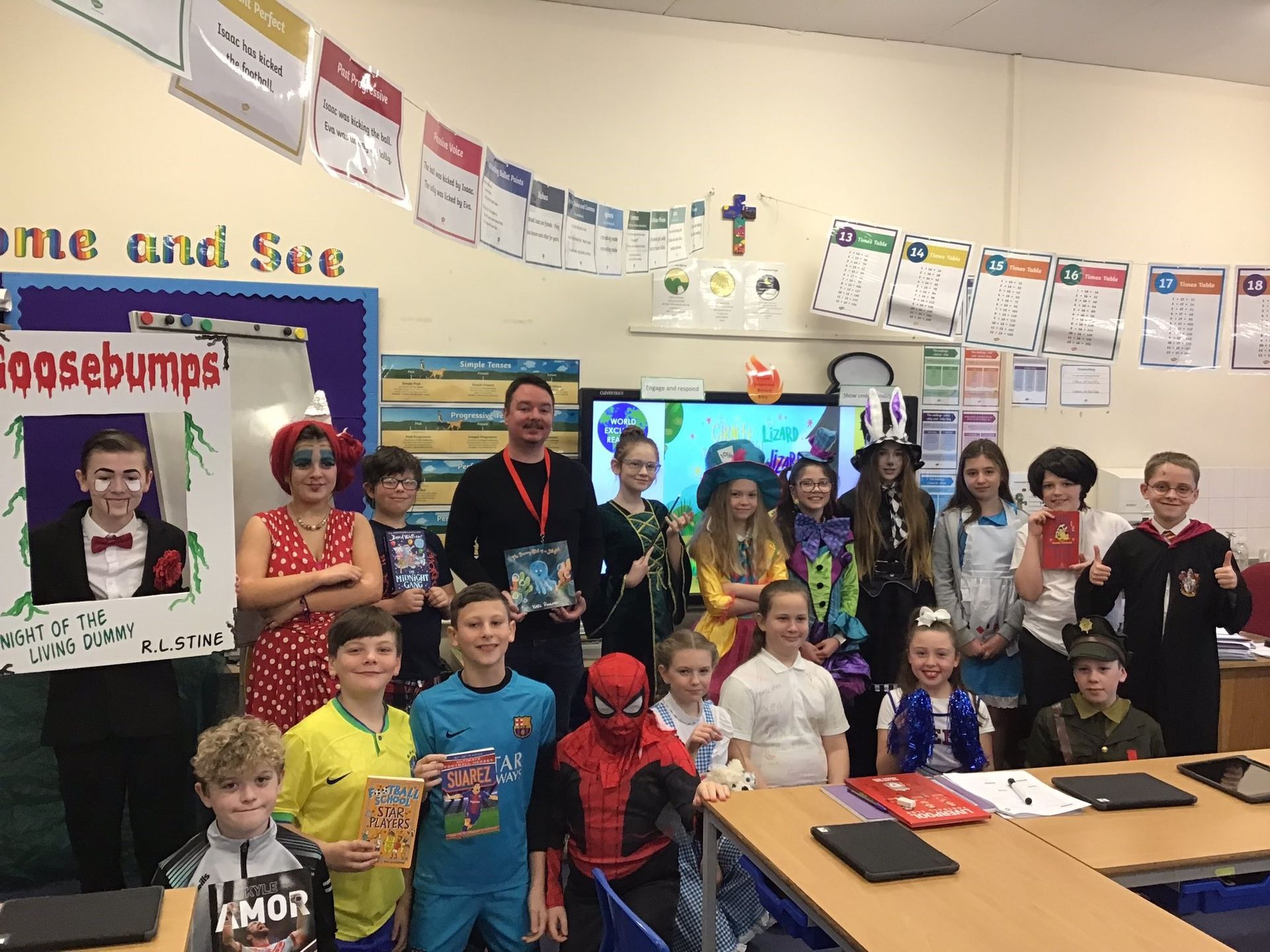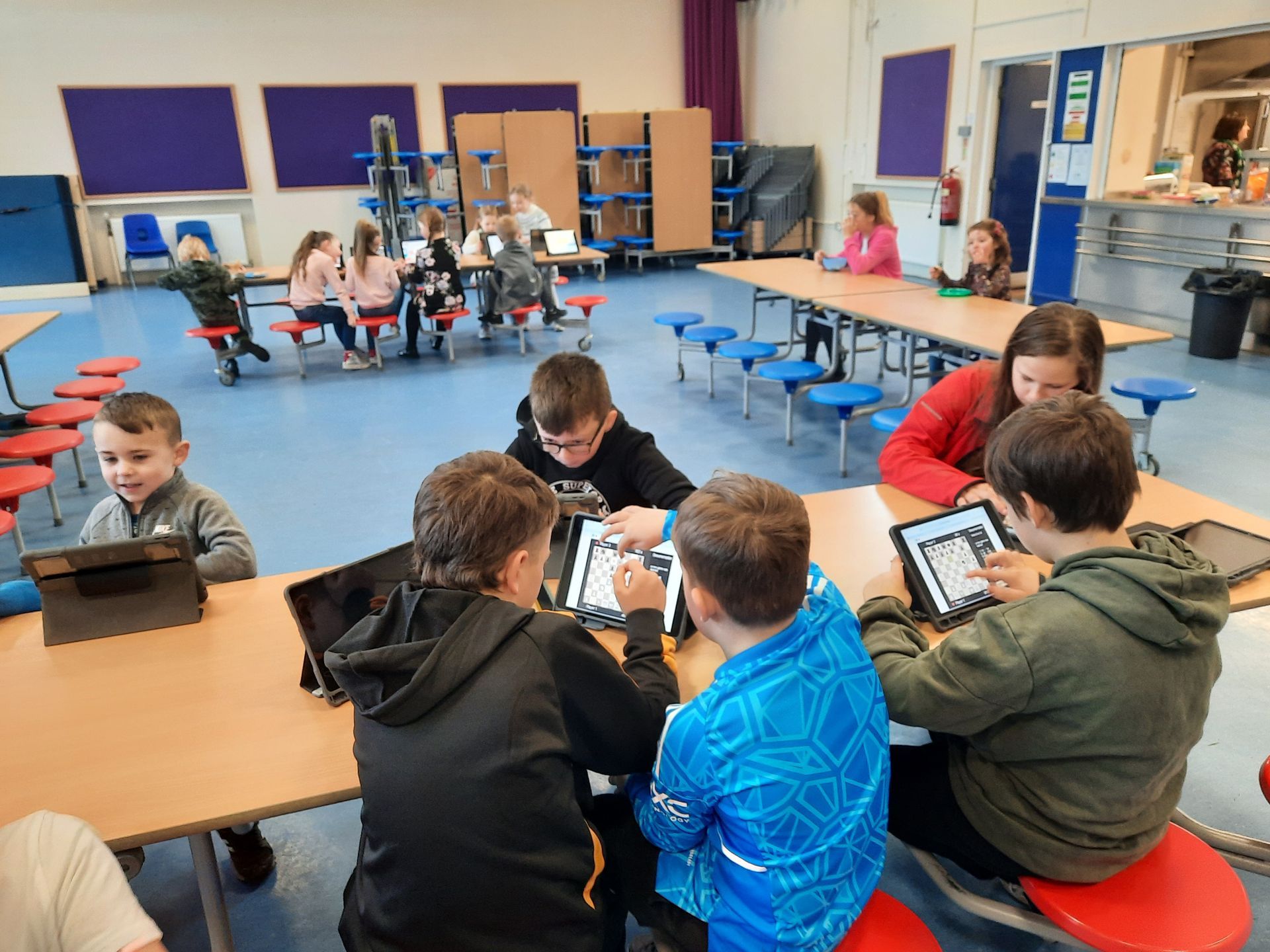Modern Foreign Languages
Curriculum Intent
Our main objective in the teaching of a modern foreign language at primary school is to promote the early development of linguistic competence. We believe that to accomplish this, we should help children to:
- Develop a positive, enthusiastic attitude to MFL learning within a secure and supportive environment
- To foster an interest in learning other languages
- Learn a new language in a way that is enjoyable, interactive and fun
- Develop awareness of language structure and to understand that the structure differs from one language to another
- Build on their speaking and listening skills, responding to and communicating in a new language
- Use their knowledge of foreign language to express themselves in both speech and writing
- Acquire firm foundations for further study – at secondary level and beyond
Implementation
Spanish is planned to give pupils a suitable range of differentiated activities appropriate to their age and abilities. Tasks will be set which challenge all pupils to achieve age related expectations. For pupils with additional needs, the task will be adjusted, or pupils will be given extra support. The grouping of pupils will take account of their strengths and weaknesses and ensure that all take an active part in the task and gain in confidence.
We recognise that language learning in its broadest sense has 3 core strands:
- Learning to communicate (with the emphasis on oracy, i.e. speaking, listening and interacting)
- Learning about language (using literacy i.e. reading and writing in the foreign language, to learn about the writing system, spelling and structure of the language)
- Learning about and comparing different cultures (developing inter-cultural understanding)
We base teaching on the 2014 National Curriculum programme of study for MFL for Key Stage Two. We have adapted this to include Foundation Stage and Key Stage One children, as we believe that the early acquisition of another language should begin in reception. We use a variety of techniques to encourage the children to engage actively in learning a modern foreign language including games, role-play and action songs and rhymes.
We often use puppets and soft toys to demonstrate the language with the younger children and listen to recordings to expose the children to more than one voice in the foreign language. We use mime to accompany new vocabulary in the foreign language, as this teaches the language without the need for translation. We make lessons as enjoyable as possible so that the children develop a positive attitude to the learning of modern foreign languages. We build the children’s confidence through praise for any contribution they make however tentative.
We differentiate through:
- peer support – using mixed ability pairings when appropriate
- Setting common tasks which are open ended and can have a variety of outcomes – therefore differentiating through outcome
- Providing resources of different complexities – matched to pupil ability – therefore differentiating through support
Impact
Assessment in MFL is consistent with the school assessment policy. Assessment for Learning (AfL) and key skills are embedded and are an integral part of any lesson. The children are encouraged to self and peer assess regularly, and taught to correct and improve their writing. The impact of teaching Spanish on our children is varied from giving them knowledge and understanding of a new language to improving their awareness of another culture and how it’s native language reflects that

